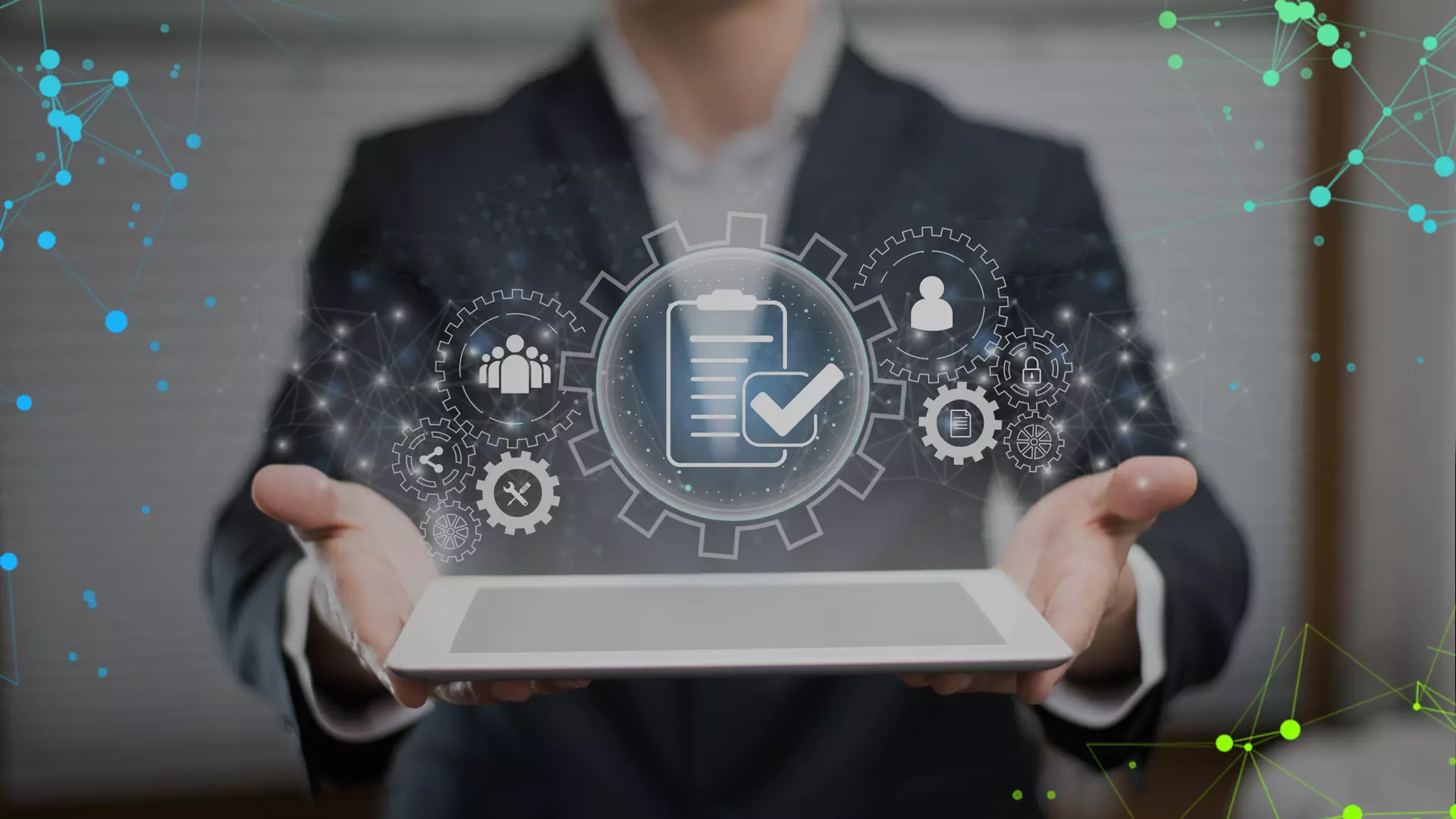Software License Development
Developing software licenses is a complex and crucial stage in ensuring legal compliance and protecting your product. At Dextra Law, we offer high-quality legal support in creating licensing agreements, where we make efforts to provide the best terms for you and your clients. Contact us for effective protection of your software.
What is a License Agreement?
A license agreement is a legal document that defines the terms and scope of a license (rights) to use intellectual property. In the context of software, a license agreement establishes the conditions under which a user can use the program.
Types of Software Licenses
There are several main types of software licenses that set different conditions for the use and distribution of the program. Let’s consider some of the most common types:
Proprietary. Also known as commercial or closed licenses. The user receives limited rights to use the program, subject to compliance with the license terms. Details may include restrictions on the number of users, the place of use, and other aspects.
Open Source License. A license that allows for free distribution and modification of the program’s source code. The community can make changes and collaborate within the framework of an open project.
Proprietary License. This type of license allows the owner of the software rights to control, modify, and distribute it under specified conditions. Typically includes restrictions on redistribution or modification of the program.
GNU License (General Public License – GPL). An open-source license that establishes conditions for free distribution and modification of software. Projects using GPL are required to provide the source code of their software when distributing it.
MIT License. Another type of open-source license that allows for free use, modification, and distribution, provided that the original license text is included in every copied or distributed code fragment.
Types of Licensing
Types of licensing determine how the rights to use software are transferred to the user. The main types of licenses include:
- Perpetual. The user receives the right to use the program indefinitely.
- Subscription. The user pays for temporary use of the program (often monthly or annually).
- Corporate. Issued for use by the entire organization.
- Single-user. The right to use the program is held by only one user.
- Scalable. The ability to scale user rights depending on needs.
- Open. The user purchases the right to a copy of the program but can install it on any number of devices.
Exclusive and Non-Exclusive Rights in a Software License
Software license agreements can be categorized into two main types of rights:
- Exclusive. The license holder transfers exclusive rights to use, usually for a specific period, to another party. This means that even the license holder cannot use the software during this period. An exclusive licensee can not only use the software but also make changes to its code and distribute it. The licensee will be the only one with the right to use the program in a specific context or region.
- Non-exclusive. The licensee has the right to use the software, but this right can be granted to other users. Non-exclusive licenses typically do not allow changes to the source code of the program. The licensee will be one of many program users, and other parties may have the same rights.
Factors Affecting the Cost of Software License Development
The total cost of developing licenses for software products is determined by various factors:
- Complexity of the software product.
- Number and complexity of features included in the program.
- System requirements and support.
- Type of license.
- Development timelines and more.
The experts at Dextra Law will help you develop and implement licensing agreements, taking into account all the specificities of your software and business needs. Our experts guarantee a high level of legal compliance and offer reliable and effective solutions to protect your intellectual property.




